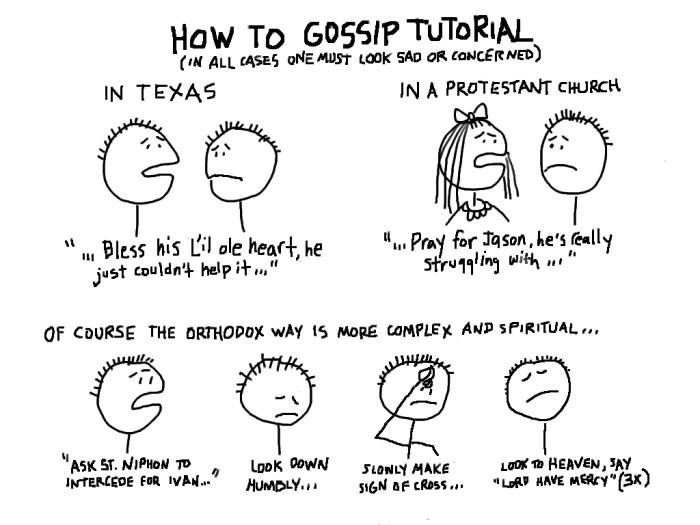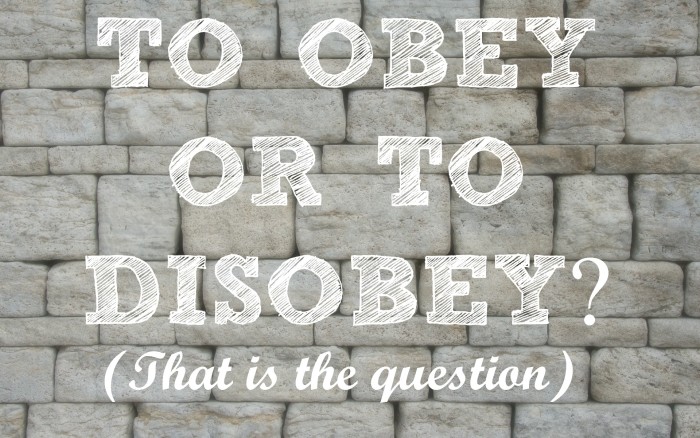In the Storm
I thought I knew what I was going to write today. And someday soon I will probably write it. But I can’t today. Today I am just too overwhelmed by the grief and sorrow of this world.
Sometimes we can forget about it.
Sometimes.
I enjoyed a wonderful Easter with my family. I feel so blessed. But over the course of the last week or two, several really painful situations have come to my attention. Some of the suffering people I know personally and others are Christian brothers and sisters in different states or even across the world. But they all have one thing in common–they are currently tasting the heart-wrenching, bitter reality of a fallen world.
It all seems so pointless.
And yet–
There is the cross.
I know so many think we Christians are just ridiculous. We are living in a dream world, grasping for comfort where none is to be found. Putting our hope in a man who was nothing more than a prophet, at best, or mentally unstable, at worst.
But you and I know differently, don’t we? Our eyes have been opened, our blinders removed, and we know that there is genuine forgiveness and blessed hope to be found in Jesus.
In our suffering moments, we cling tenaciously to this, trying desperately to keep hold.
And, thankfully, after our walk through that dark, dark tunnel of grief, we can often see the hand of God, working in our lives and growing us to be more like Jesus.
But this thought really doesn’t bring much comfort as we take our own journey through grief– I recognize that even as I write it.
It just helps all the blackness to not seem so pointless.
All of us have black moments. But some seem to have more than others, don’t they? Take, for instance, that first wife of Samson’s (Judges 14-15). Have you ever thought about just how tragic her life was? Just because an Israelite took a fancy to her. She is not alone. Many people seem to be born for tragedy. Like our brothers and sisters in other lands who are persecuted unmercifully for the cause of Christ.
I wish I had all the answers. I wish I knew how to comfort someone who is walking through such terrible darkness. And I wish I knew how to not feel so deeply.
But I keep going back to the same thing– HOPE is found in Jesus and what He did for us at the cross. True, genuine hope is only found there. Hope for now and hope for the future. Hope in the blackness.
How do people survive in this world without it? This is why some are willing to die for their faith. Because they recognize that true hope is only found there.
I was talking with my girls the other day about the hopelessness with which some of their co-workers live their lives. They talk about divorce before even getting married, figuring that the relationship will end sooner or later. They can’t imagine how my girls could trust their boyfriend and husband to remain faithful to them. Or how it is possible to have any fun in life at all without getting drunk and escaping reality as their source of entertainment.
What they don’t realize is the great hope that lies within my girls because of Jesus Christ. Only because of Christ.
Because on that day so long ago, He hung on a tree, bearing our sins, taking our sin and shame upon His shoulders, and then rose again –victorious over death!
True joy and peace can only be found in recognizing this, repenting of our sins, and submitting to this truth.
And, so, in this broken, fallen world, we can only point people to this hope. Other than that, we are truly hopeless and travel from one broken, cursed moment to the next, with a brief respite sometimes given in between where we simply try to forget. Forget that we will soon be mired in grief once again.
I’m sorry.
I’m not trying to be so depressing. But I just feel so sad and scattered in my thoughts. Trying to sort my way through the deep grief and questions I am feeling this morning. Trying to piece it all together with the gospel. And I keep coming to the same conclusion–
Our hope isn’t here.
It’s not in this world, or the things of this world. But, instead, rests fully in Jesus Christ and His promises to us, written in His Word.
Life is hard. Sometimes really hard. But we have a Savior. We have a Hope. Let’s cling, unwaveringly, to this as we are tossed about on the sea of life. It’s the only thing we have.










